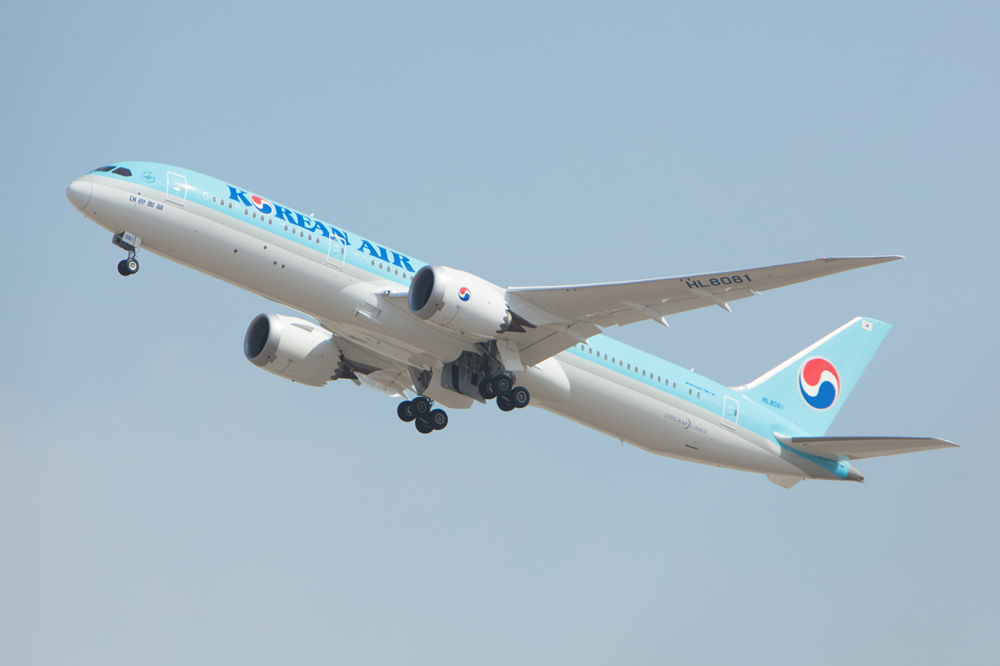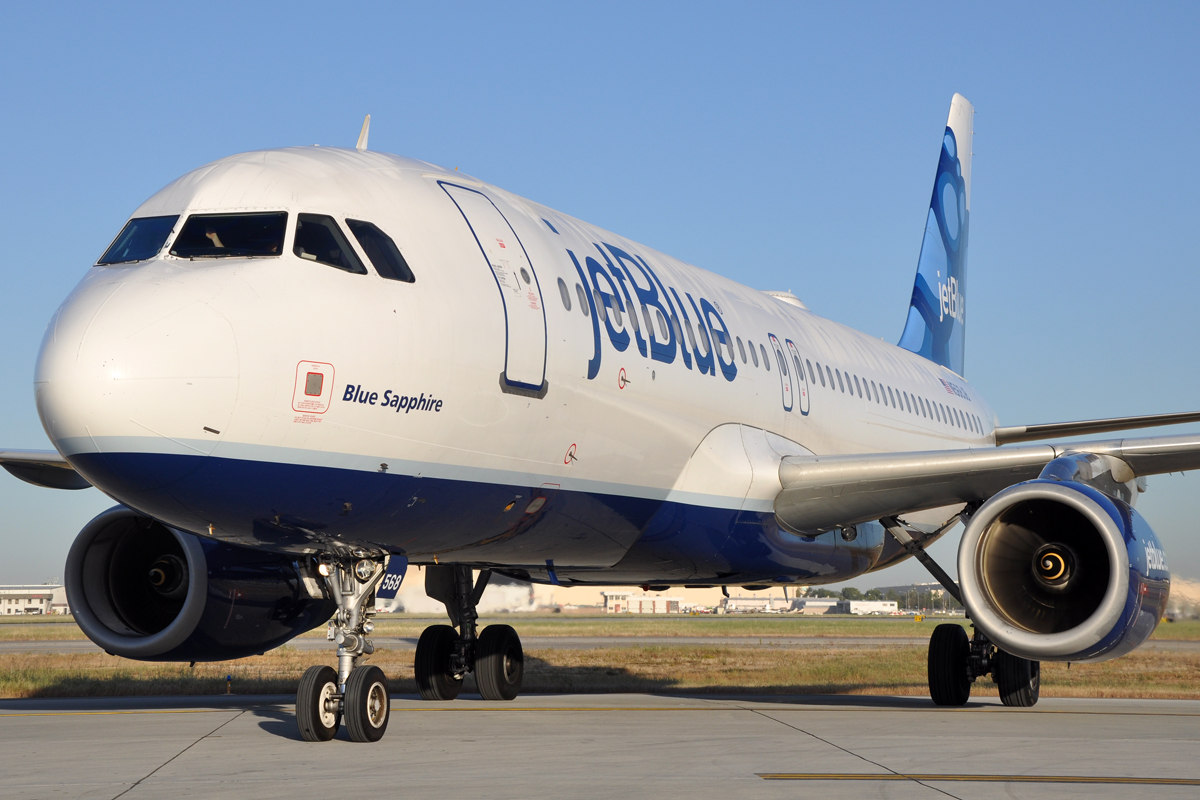JetBlue has joined European carriers such as British Airways and Air France and become the first major US carrier to announce plans to offset all carbon emissions on domestic flights.
The airline announced Monday it would offset carbon dioxide emissions from jet fuel used in all its domestic flights from July 2020.
It also plans to start flying with sustainable aviation fuel from San Francisco International Airport from mid-2020.
READ: American staff gain $US30 million from 737 MAX deal.
The airline has been offsetting CO2 emissions during certain times of the year and the additional reduction is expected to offset an additional 15 to 17 billion pounds (seven to eight tonnes) of emissions annually.
The airline estimates this is the equivalent of reducing 1.5 million passenger vehicles from roads.
It will continue to partner with US-based carbon reduction specialists Carbonfund.org. a company with which it has been working since 2008.
Carbon offsets are used to fund emission reduction projects such as forest conservation, landfill gas capture or solar/wind farms.
JetBlue’s carbon offsets are audited, verified and retired on the airline’s behalf.
JetBlue chief executive Robin Hayes said the airline reduced its carbon emissions where it could and offset them where this was not possible.
“By offsetting all of our domestic flying, we’re preparing our business for the lower-carbon economy that aviation – and all sectors – must plan for,’’ he said.
“The airline industry is one of the few industries that has collectively committed to an international emissions reduction goal.
“Air travel brings so much good to the world and JetBlue has always been about making our essential industry better.”
However, Hayes noted that carbon offsetting “was a bridge to, not a silver bullet for, a lower carbon future”.
JetBlue also agreed to purchase sustainable aviation fuel (SAF) from renewable fuel producer Neste in 2020.
The fuel is produced from waste and residue raw materials and has a life-cycle carbon footprint that is up to 80 percent smaller than conventional jet fuel.
The airline views sustainable aviation fuel as critical to aviation’s transition to lower carbon operations says it is continually exploring SAF options.
It is also modernizing its fleet, noting that 85 new Airbus A321neos will help reduce its carbon emissions, and lobbying for a more efficient air traffic control system.
The domestic offsetting comes as the global aviation industry is introducing CORSIA, a United Nations-backed worldwide carbon pricing scheme for international flights expected to reduce aviation CO2 emissions by 2.5 billion tonnes from 2020 to 2035.
























